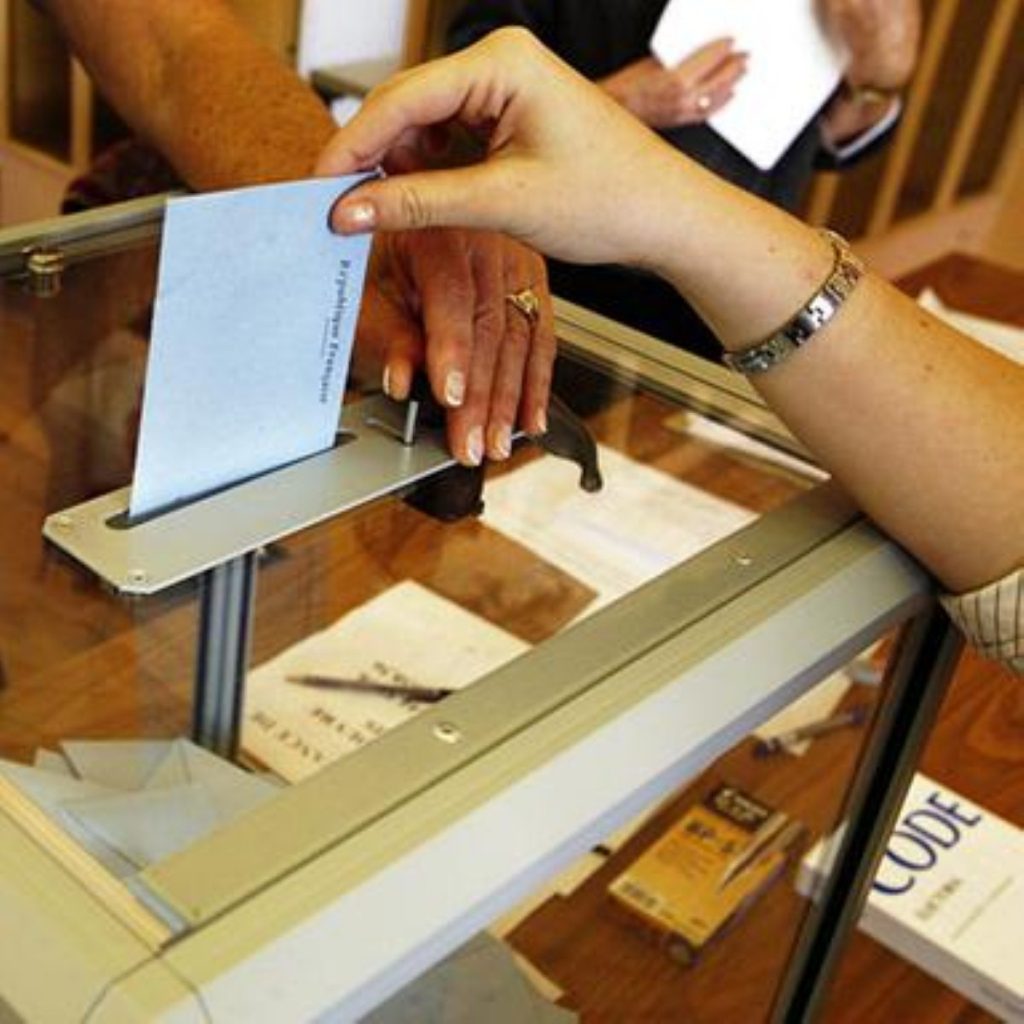Why the Electoral Commission disagrees with Harman on voter registration
Harriet Harman wrapped up today's Labour conference with a speech attacking the coalition's planned voter registration changes. What she didn't mention is that the independent Electoral Commission is broadly in favour of the idea.
I've been going through its submission to the Commons' political and constitutional reform committee, in which it states, in no uncertain terms:
"The Electoral Commission is clear that introducing IER is the right thing to do, because of the need:
• to improve the security of the system, making it less vulnerable to fraud


• to recognise people's personal responsibility for this important stake in our democracy
• for a system that people recognise as up-to-date, not rooted in Victorian ideas about households and 'heads of household'"
Labour say the changes are yet another form of partisan meddling with the constitution, exactly the sort of tinkering which I've pledged to make this blog about. They're worried because it's clear the changes will hit their vote: the socially disadvantaged are likely to fall off the electoral register. This could have a knock-on impact on boundary changes, as I've already noted.
But it seems there are real arguments for changing the system. The Electoral Commission says the UK is one of the only countries in the world not to have adopted a system based on registration by individuals. This may be something to do with the fact it has remained the same since the Victorian period, suggesting that having an ancient constitution is not always a good thing.
There is another reason to change the system, too. Here's the Commission again:
"'Household' registration system means there is no personal ownership by citizens of a fundamental aspect of their participation in our democracy – their right to vote. This is too important to be left for anybody other than the individual citizen to register."
This is the direct opposite argument to that deployed by Ed Miliband and Harman in Liverpool this week.
"One of the most basic democratic rights of all is the right to vote," the leader told delegates. "We should be making it easier, not harder."
Miliband placed great emphasis on the "civic duty" to register to vote in the current system, in which it is a legal obligation to register. Under the coalition's changes, participating in the electoral process becomes a voluntary one.
Voter registration is a complex area which both parties have a predictably skewed view on. There are all sorts of complications which changing the way the electoral register works will have, which are set to muddy the debate still further. The Electoral Commission is worried about the edited register (it wants it abolished), the implications for selecting juries, concerns over personal data under the new registration system, the tick-box opt-out and even cuts faced by local electoral registration teams. Much to keep an eye on, it seems.












